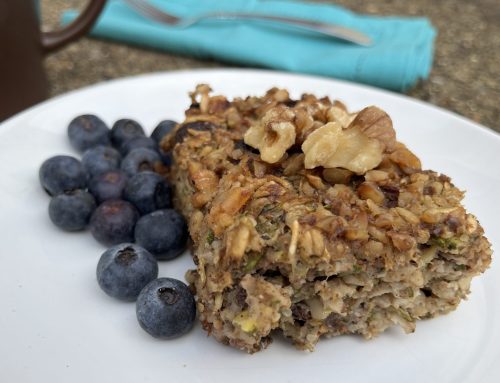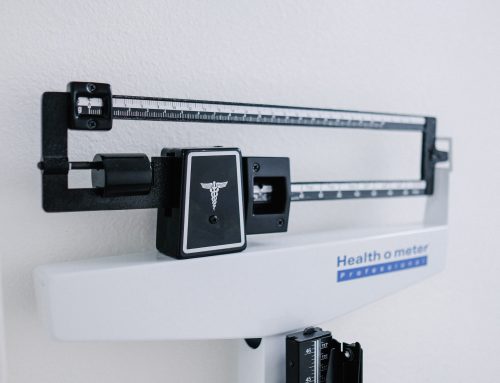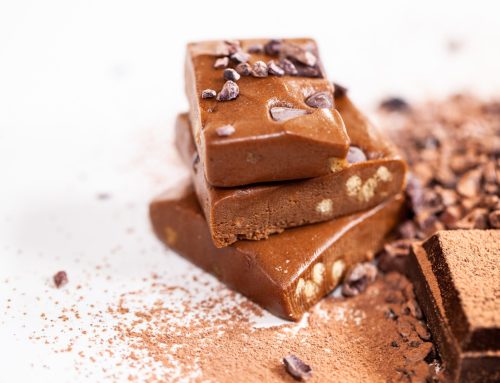One of the most common complaints I get from patients is bloating. This symptom is most often caused by excess air (gas) in the digestive tract and can often times be easily resolved with proper supplementation, diet and lifestyle changes. This is where I always start, but if these tips don’t work for you, your bloating may be caused by something a bit more in depth like a bacterial overgrowth, parasite, or some other type of bug affecting your GI system. Specific lab testing to find an underlying problem, may be needed if these tips don’t resolve your bloating.
Here are my top 5 go-to’s for fixing bloating issues, naturally:
1.Elimination diet to determine food sensitivities
- For at least one week to 10 days: Completely avoid the highest sensitivity foods which include dairy, wheat (but I recommend temporarily eliminating all grains), soy, dairy, peanuts, eggs and legumes. Your diet during this time will be meat, seafood, vegetables and healthy fats from avocado, nuts, seeds and olives or olive oil.
- I also recommend avoiding all added sugars and alcohol
2. Supplement with HCL and/ or digestive enzymes
- It’s very common to have inadequate levels of stomach acid (HCL) due to a number of causes like age, stress, medications, and nutrient deficiencies to name a few.
- Stomach acid is needed to fully break down your food and stimulate the release of digestive enzymes. If food isn’t able to be broken down, it can cause gas from fermentation in your stomach. You also won’t be able to fully utilize the nutrients in your food if you can’t break them down appropriately.
- Betaine hydrochloride with pepsin is available in health food stores or online. Try taking one or two pills with protein containing meals only.
3. Supplement or include probiotics rich foods every day
- Sometime bloating can be caused by an imbalance of good to bad bacteria in your gut. Bad bacteria thrive on alcohol, sugar and refined carbs, so if you include many of these in your diet, it’s a likely scenario. Good bacteria can be added in to kill off the bad bacteria and help to shift the balance back towards friendly bacteria.
- Including lacto fermented foods like sauerkraut, kimchi, pickles, and drinks like kombucha and water keifer can help repopulate the good bacteria. Make sure the fermented products you buy are made with salt only (not vinegar). Try to eat 2-4 Tbs of these fermented veggies, each day. You may want to increase the amount you eat over a weeks span. You can also include a probiotic supplement if you don’t like fermented foods. Adding in these good bacteria can sometimes make bloating worse, which may indicate SIBO (Small Intestinal Bacterial Overgrowth) and can be tested for and treated.
4. Chew your food better and relax when you eat
- You may be making it much more demanding on your digestive system if you aren’t initially breaking down your food with your teeth! Focus on eating in a calm environment, taking a few deep breaths before you start eating, eat slowly and chew really well, and relax for the 10 minutes it may take to eat. Be mindful of what you’re doing when you’re eating.
5. Follow a lower carbohydrate diet
- As mentioned above, too many carbs (and the wrong type) can cause an overgrowth of bad bacteria. Carbs tend to produce the most gas when they are not broken down enough. I suggest keeping your carbs between 75-150g per day depending on your needs. They should primarily be coming from vegetable sources. You may also consider following a low FODMAPs diet, which limit certain types of carbohydrates for more effective digestion. If the low FODMAP diet is helpful, you should also consider SIBO testing.
 My office is open for in-person and virtual appointments. Here is the
My office is open for in-person and virtual appointments. Here is the 



